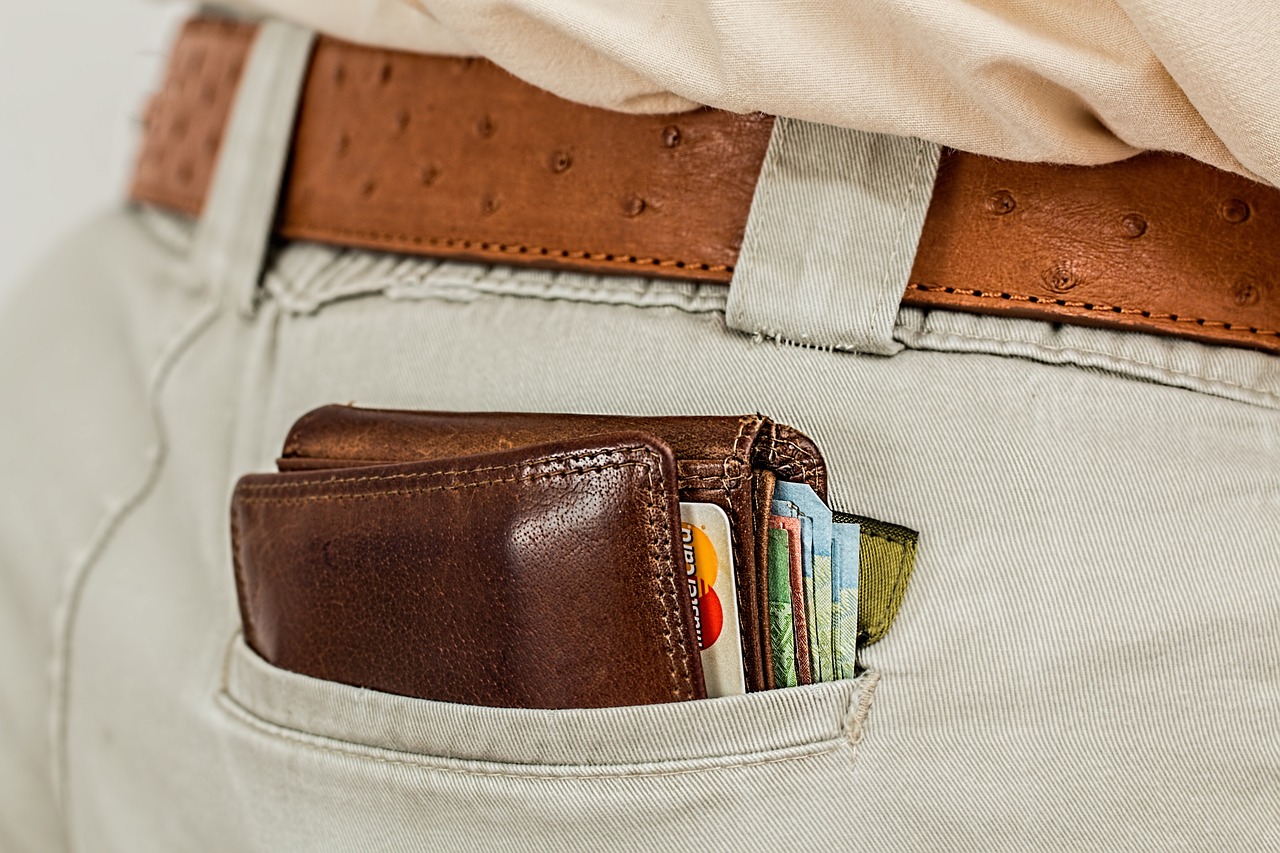Bitcoin, the most popular cryptocurrency in the world, was created to be a decentralized digital currency that can be used for peer-to-peer transactions without the need for intermediaries such as banks or governments.
However, since its inception in 2009, Bitcoin has evolved beyond being just a store of value and investment tool. Today, there are various real world use cases for Bitcoin that showcase its potential as a viable form of currency.
Let’s explore some of the different use cases for Bitcoin in the real world, from everyday purchases to more unique applications.
Everyday Purchases With BTC
One of the most common and practical use cases for Bitcoin is using it to make everyday purchases. Several merchants and businesses around the world now accept Bitcoin as a form of payment, allowing customers to buy goods and services using their digital currency. For example, read our article about BTCmap.org
With the advent of the Lightning Network, a second layer solution that allows for faster and cheaper Bitcoin transactions, using Bitcoin to make small purchases has become even more convenient.

In addition to traditional brick-and-mortar stores, there are also numerous online retailers that accept Bitcoin as payment. Bitrefill, for example, allows users to purchase gift cards with Bitcoin that can be used at a variety of popular retailers such as Amazon and Starbucks.
This not only gives consumers more options for spending their Bitcoin but also helps bridge the gap between traditional fiat currency and cryptocurrency.
Travel and Tourism
Bitcoin has also made its way into the travel industry, with various companies now accepting it as a form of payment for flights, hotels, and other travel-related expenses. CheapAir was one of the first online travel agencies to accept Bitcoin back in 2013, and since then, many others have followed suit. This is particularly useful for travelers who want to avoid currency exchange fees and the hassle of carrying physical cash while abroad.
Aside from traditional travel, there are also unique ways in which Bitcoin is being used in the tourism industry. For example, some tour companies offer Bitcoin as a payment option for booking adventure tours and experiences, catering to the growing number of cryptocurrency enthusiasts looking for new and exciting ways to use their digital assets.
Cross-Border Payments
Another major use case for Bitcoin is cross-border payments. Sending money internationally can often be a slow and expensive process, with high fees and long wait times. With Bitcoin, however, transactions can be completed within minutes at a fraction of the cost of traditional methods. This is particularly beneficial for businesses that operate globally or individuals who have family and friends living in different countries.
Moreover, Bitcoin’s decentralized nature makes it an attractive option for those looking to bypass government restrictions on sending money abroad. By using Bitcoin, individuals can avoid currency controls and regulations, giving them more financial freedom.
Charity and Donations
Bitcoin has also been used as a means of charitable giving and donations. Without third-party intermediaries, Bitcoin donations can go directly to the intended recipients without any fees or delays. This is especially useful in times of crisis or natural disasters, where traditional financial systems may be affected and hinder relief efforts.
Furthermore, blockchain technology allows for transparency and accountability in charitable donations, ensuring that funds are being used for their intended purpose. Prior to the advent of Bitcoin, there were instances of charities misusing funds or not being able to fully account for where donations were going. With Bitcoin, donors can track and verify where their contributions are being utilized.
Collateral For Loans
Now that we covered some spending and donation options, let’s talk about how Bitcoin can be used as collateral for loans. In traditional banking systems, individuals and businesses often have to provide some form of collateral in order to secure a loan. With Bitcoin, individuals can use their holdings as collateral without having to sell their assets.
This is particularly useful for those who may not have access to traditional forms of collateral or want to avoid liquidating their Bitcoin. Additionally, using Bitcoin as collateral can also potentially offer lower interest rates and faster approval processes compared to traditional loans. Of course, liquidation is always a risk in the event of default, so it’s important to carefully consider all factors before using Bitcoin as collateral.
HODLing vs Taking Profits
For Bitcoin newbies, the term HODLing (Hold On for Dear Life, see glossary article here) may seem foreign. Essentially, it means holding onto your Bitcoin long-term instead of selling or trading it for short-term gains. While some people do make profits by actively trading their Bitcoin, there is also a growing community of HODLers who believe in the long-term potential of Bitcoin and choose to hold onto their investments.
HODLing can be seen as a form of passive investing, where individuals are banking on the belief that Bitcoin will continue to increase in value over time. Some Bitcoiners decide to never sell their Bitcoin and borrow against it instead, while others may take profits periodically. Ultimately, the decision to HODL or take profits is a personal one that depends on an individual’s risk tolerance and investment strategy.
If taking profits is your goal, it’s important to have a plan in place for when and how much to sell. Taxes may also be a consideration, so it’s always wise to consult with a financial advisor or tax professional before making any major decisions. That’s why many prefer to HODL and use their Bitcoin as collateral, as it allows them to keep their investments without selling, preventing a taxable event.

Final Thoughts
Bitcoin is becoming more and more usable as a medium of exchange but that doesn’t mean you have to spend it immediately. In fact, many people prefer to hold onto their Bitcoin for the long-term, believing that its value will continue to increase over time.
Whether you choose to HODL or take profits, it’s important to do your due diligence and carefully consider all factors before making any decisions with your Bitcoin investments. And remember, always stay informed and vigilant in the ever-evolving world of cryptocurrency.

